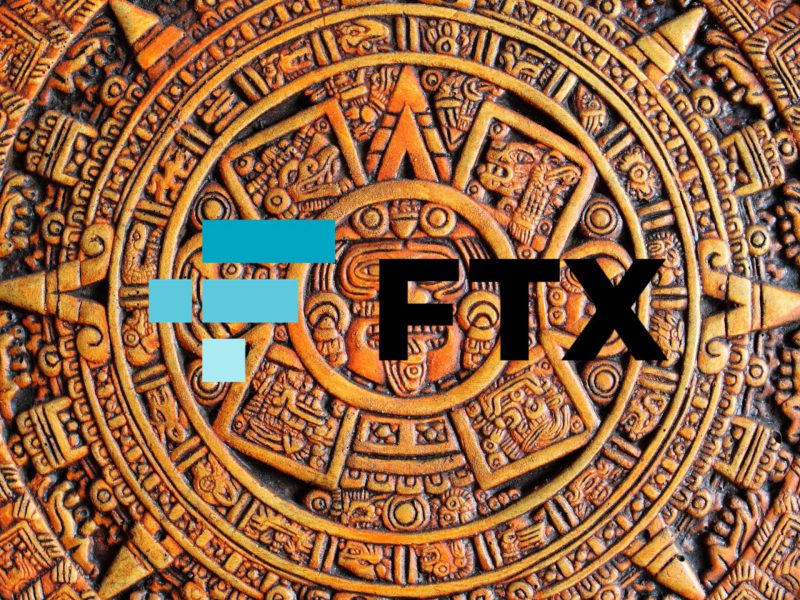Popular crypto exchange FTX is allegedly blocking users who have interacted with Aztec Protocol. Aztec is a privacy-focused zero-knowledge proof (zkp) roll-up built on Ethereum.
According to screenshots and tweets shared by numerous FTX users, the exchange advised users against utilizing Aztec Connect, Aztec Network, and zk.money since they are “high-risk” services.
The development was first revealed by Chinese journalist Collin Wu.
One user reported having trouble accessing his FTX account to make or receive transactions. Another suggested speaking privately with customer support to steer clear of related problems. Moreover, one screenshot of the cryptocurrency exchange appears to show certain consumers being questioned about the source of their money and the reason for the transaction.
zk money is a Layer 2 privacy-focused application built on top of the Aztec network. Ethereum users can utilize zk money it to shield their tokens and transaction data from public view. Shielding a token requires users to have it under a zkSNARK shell that protects the user’s privacy.
Nonetheless, the FTX restriction was met with criticism from the crypto community, with some arguing that the need for anonymity shouldn’t be made illegal. Additionally, some pointed out that a significant number of wallets might be prohibited just for indirectly interacting with private layer-2s like Aztec.
FTX’s move comes hot on the heels of the sanction against crypto mixer Tornado Cash. Mixers have been subjected to increased scrutiny as a consequence of a rise in the flow of illicit funds through these services. By combining several transactions, they are designed to hide the identities of holders and the source of money. The same scrutiny will probably be directed at other sites using the same strategy as Tornado Cash, resulting in more measures for greater transparency.
Aztec CEO Zac Williamson criticized the sanction against Tornado Cash.
Williamson stated,
“The problem is that they are not fighting people or institutions. They are fighting a technology. Trying to ban cryptographic algorithms makes as much sense as trying to ban math.”





